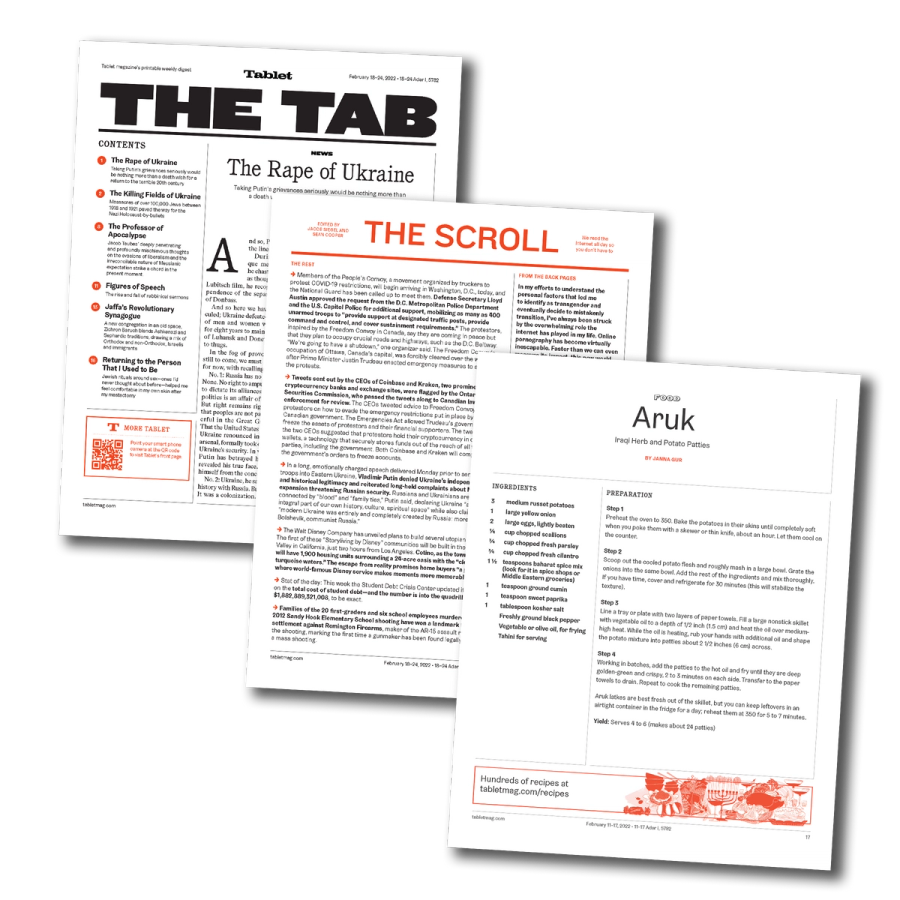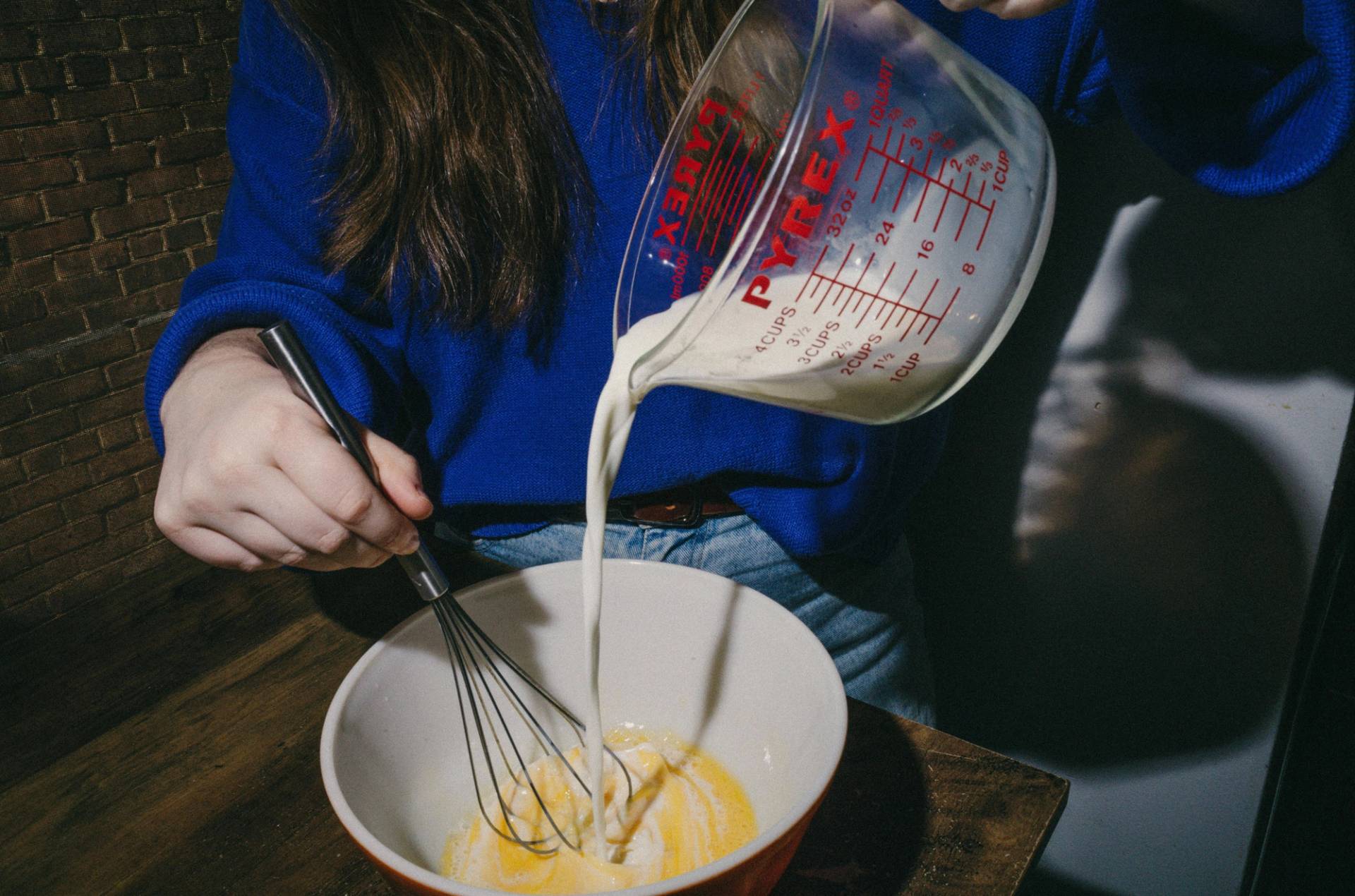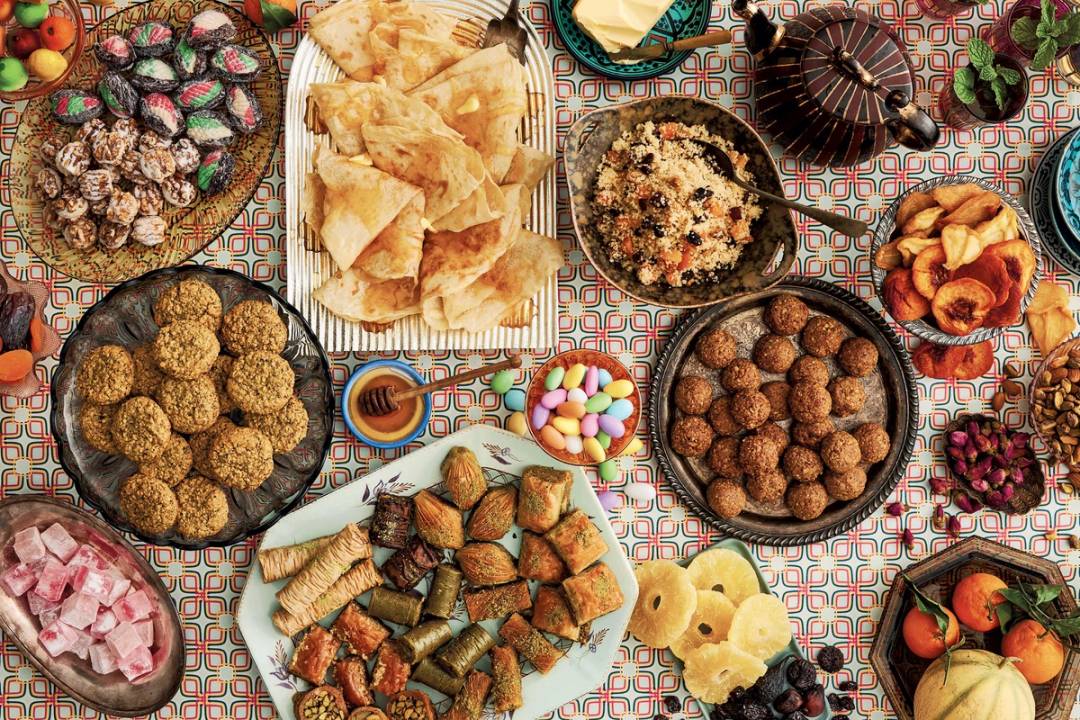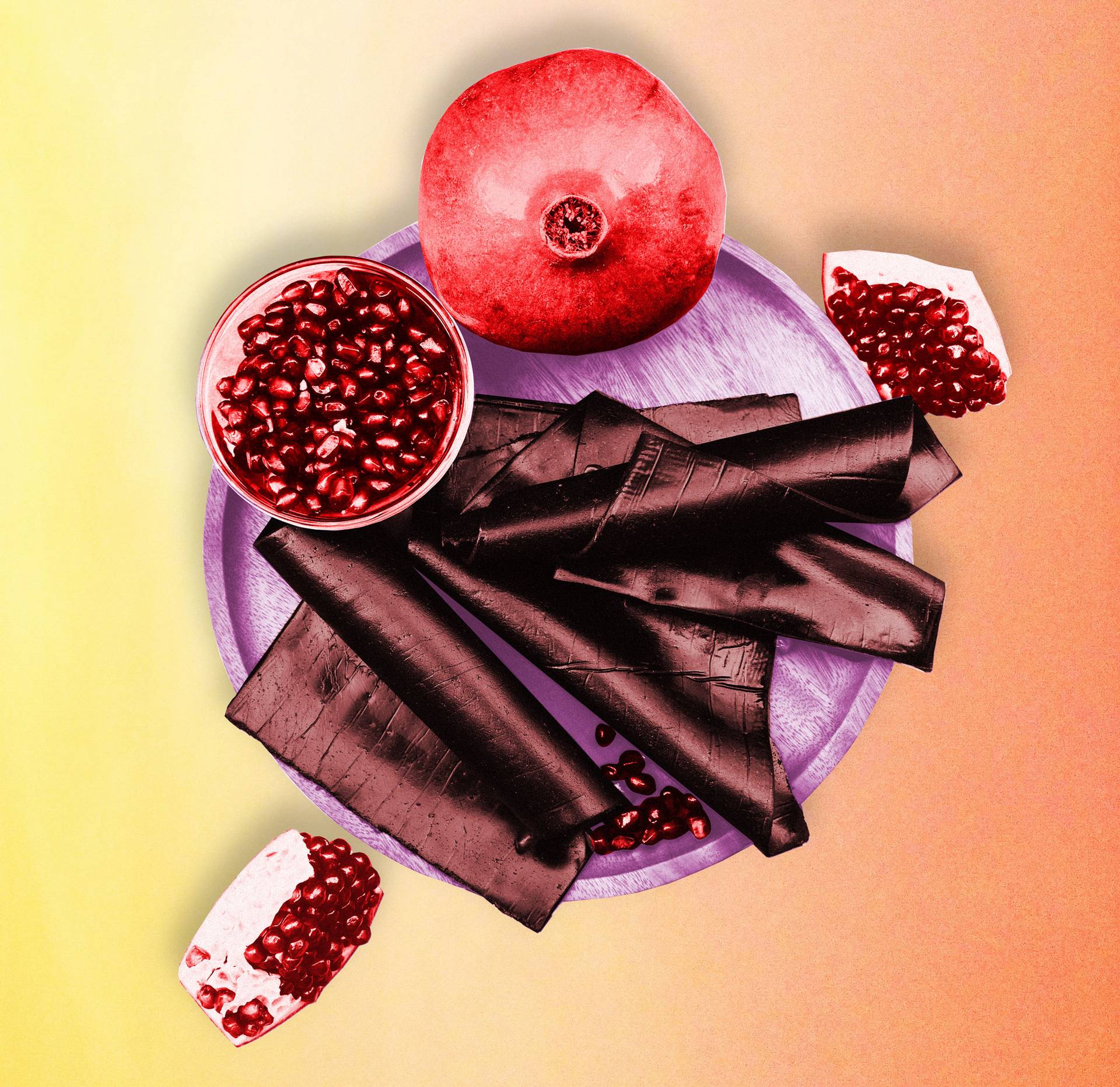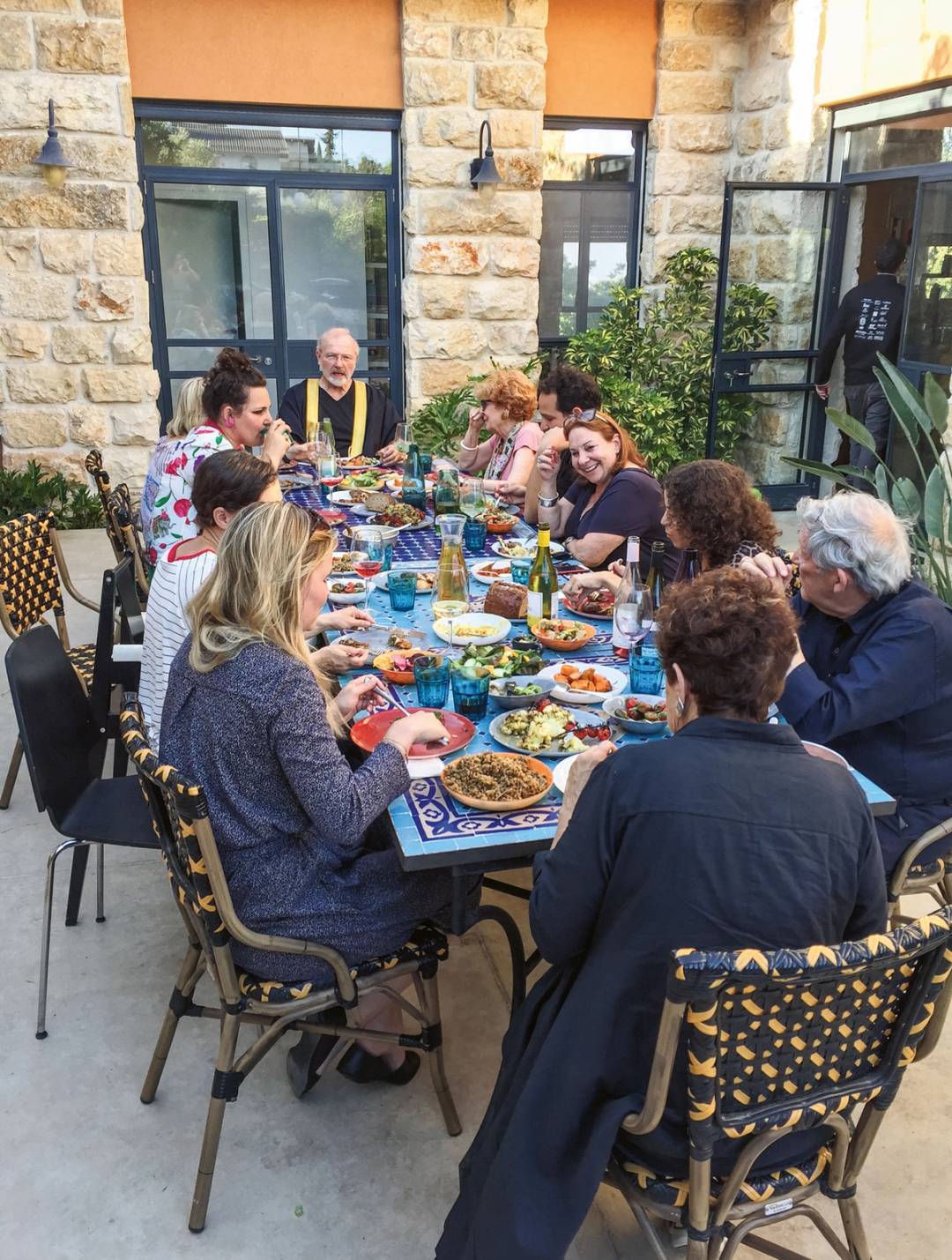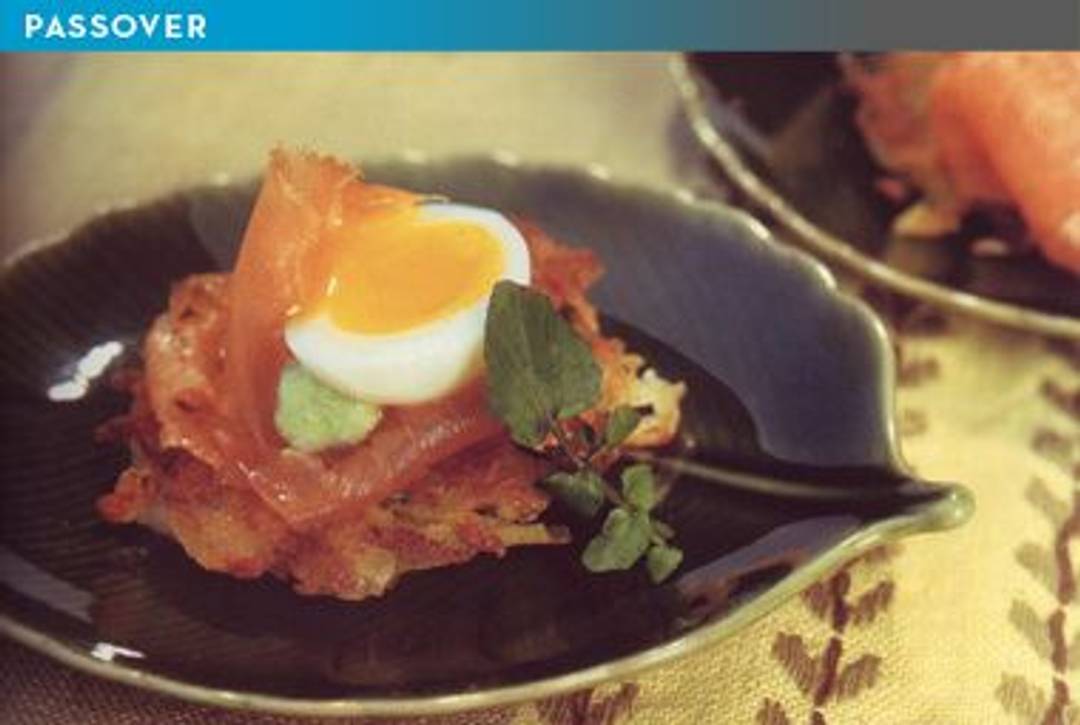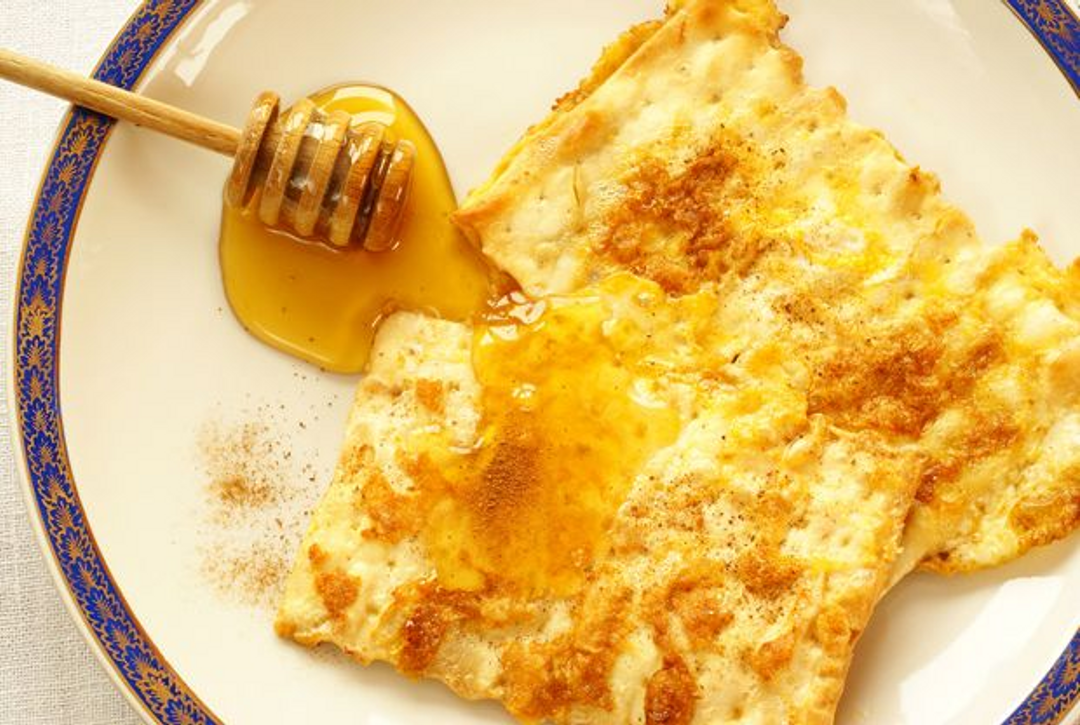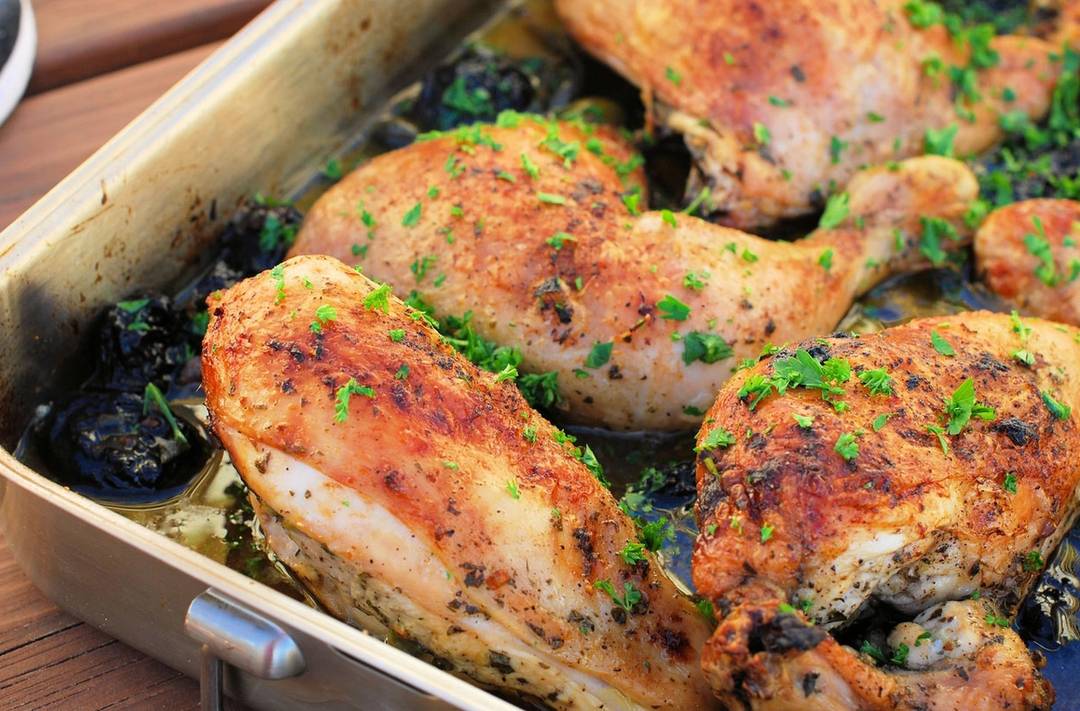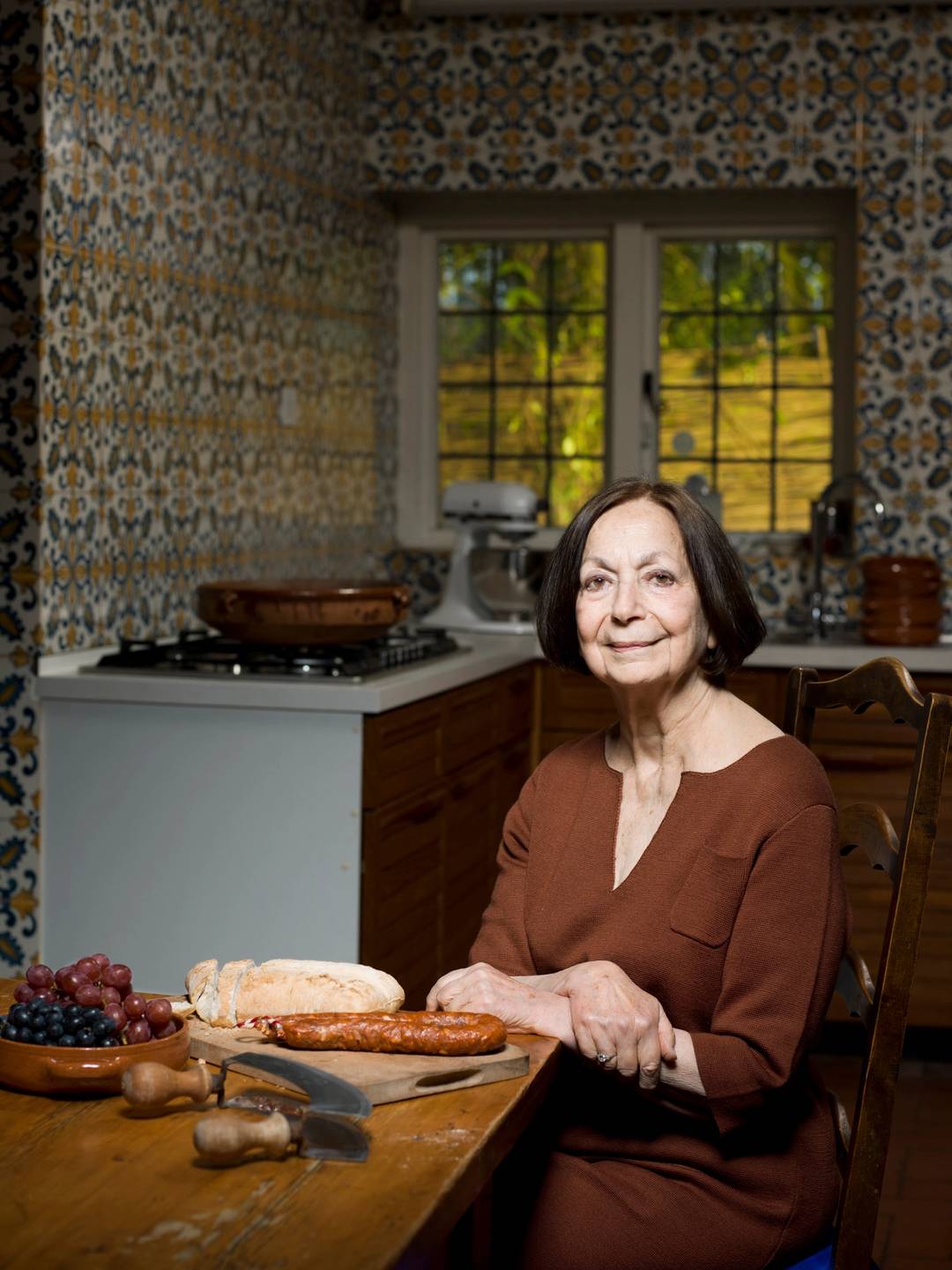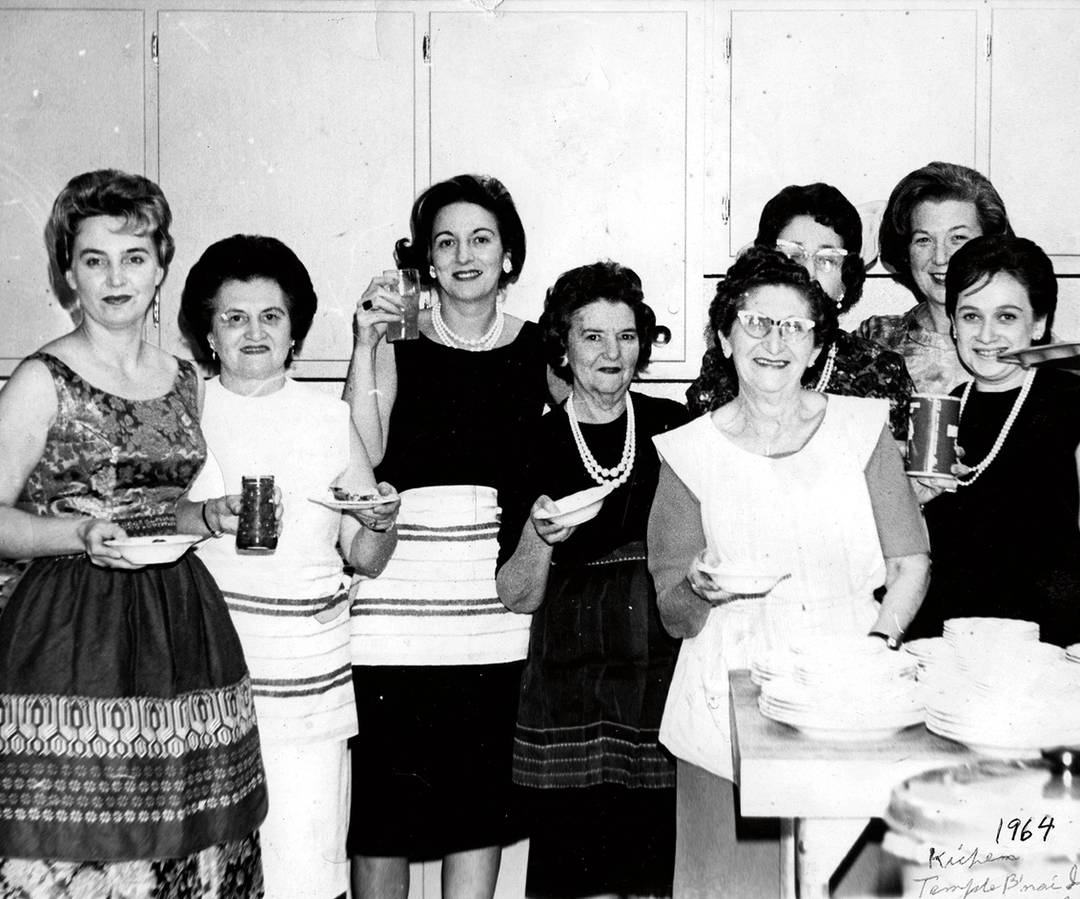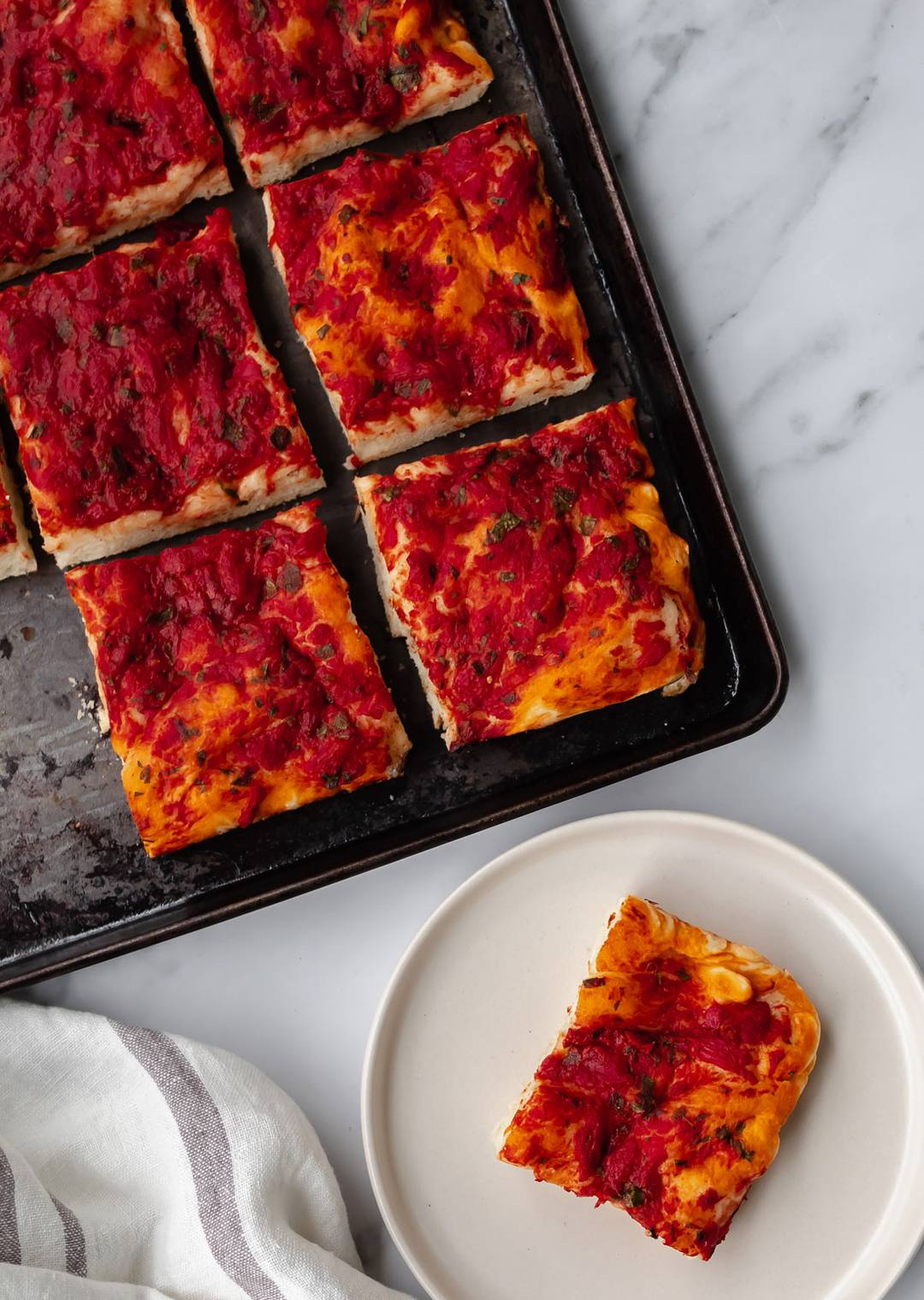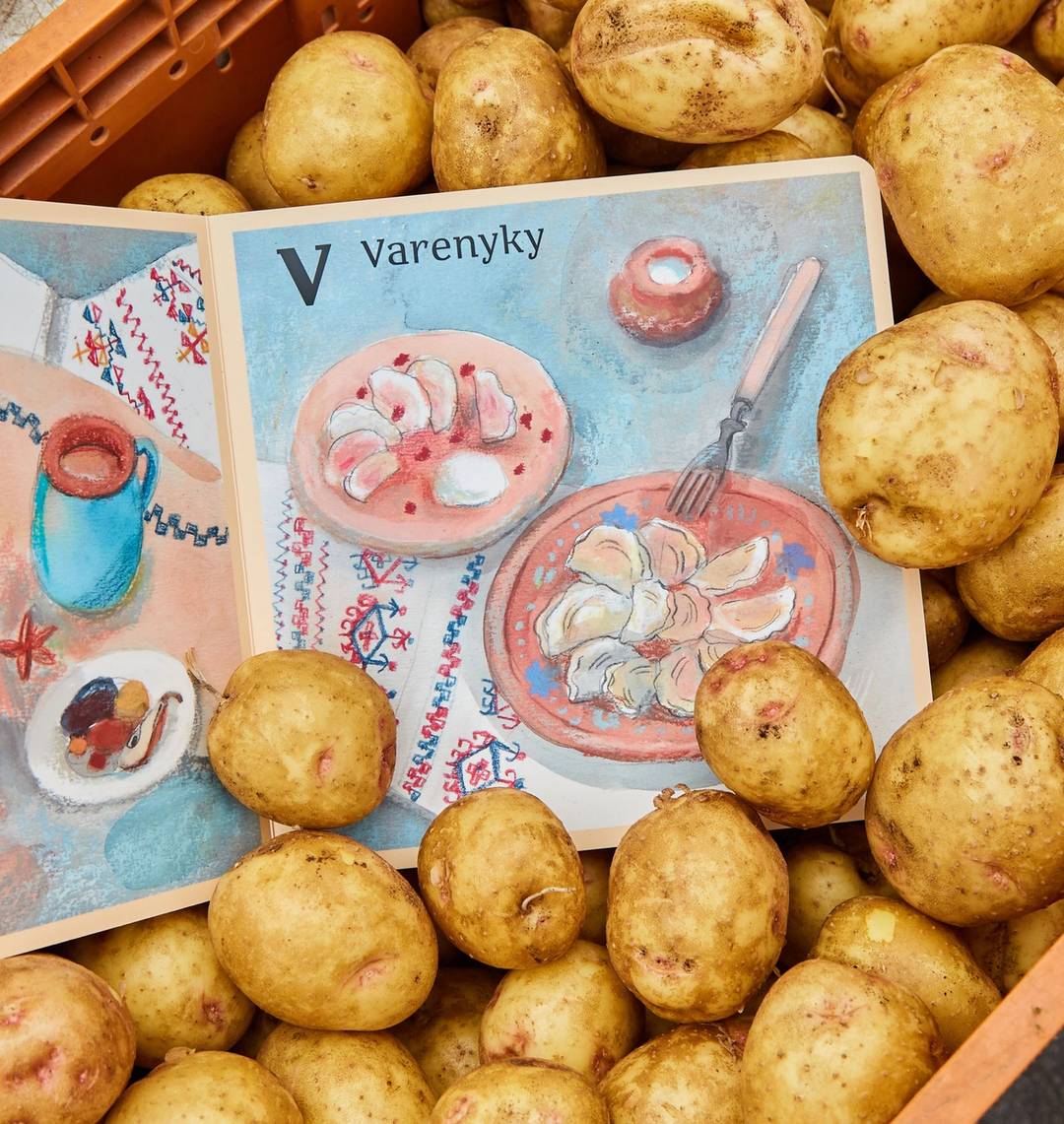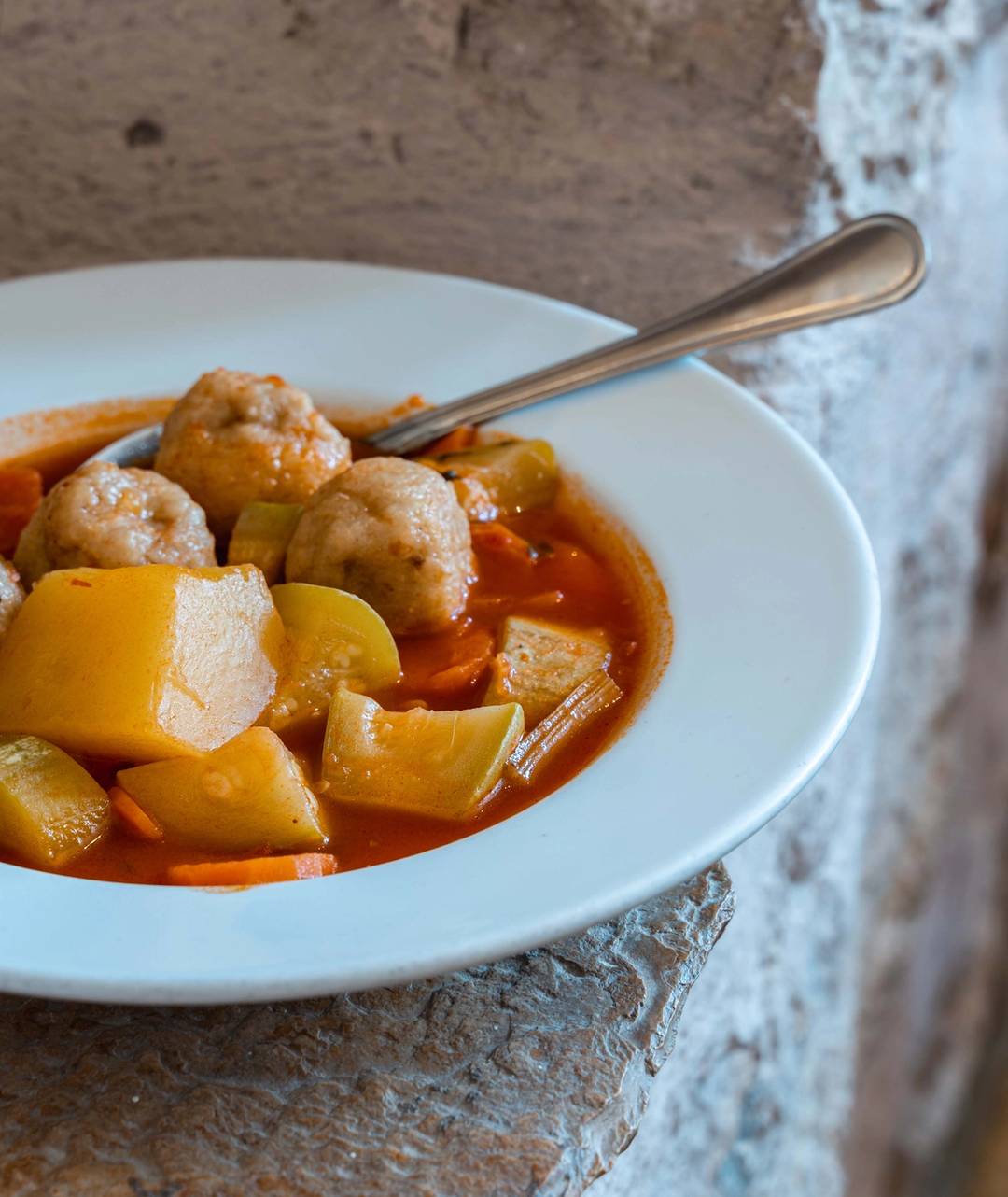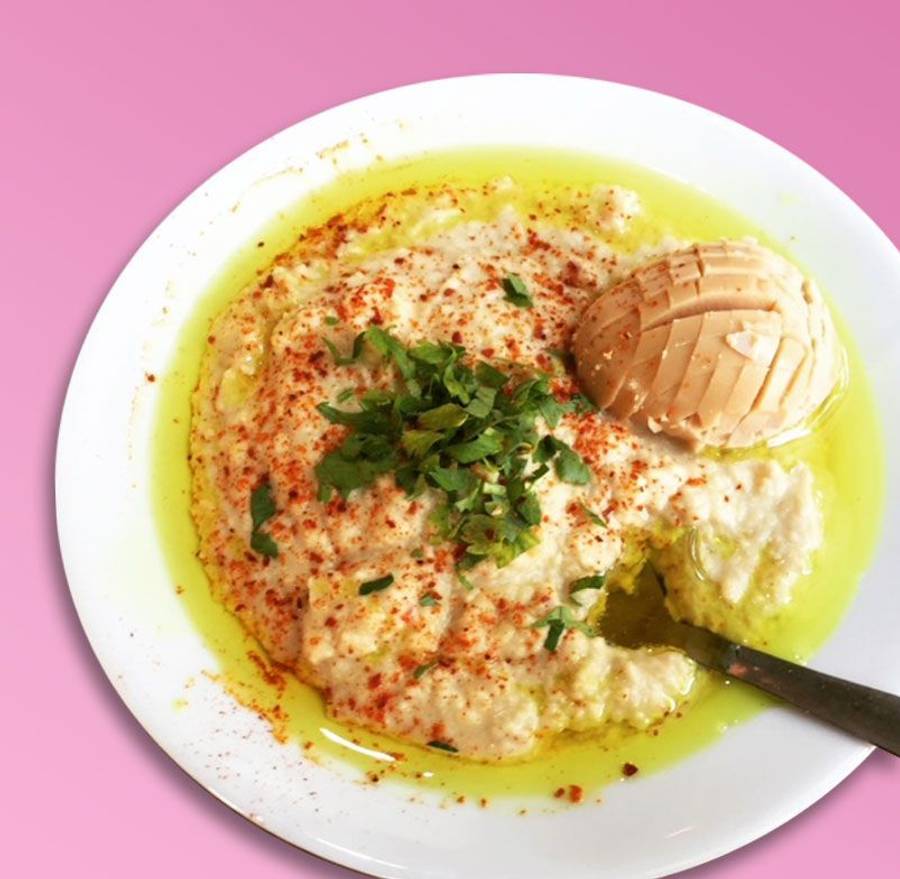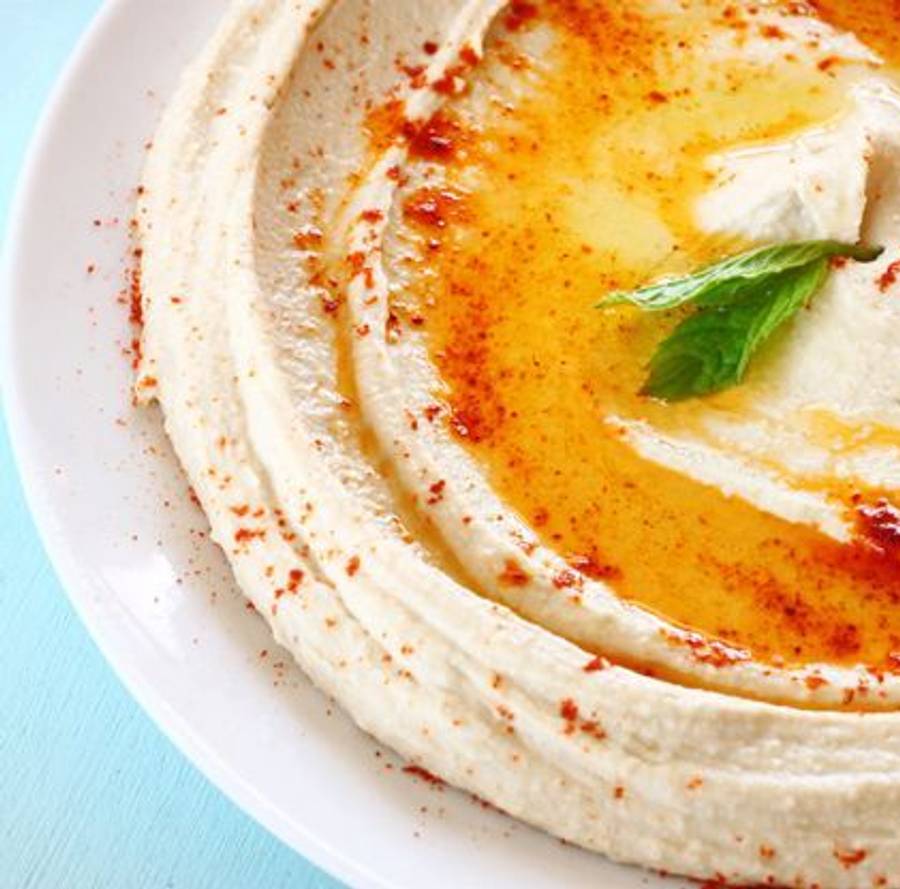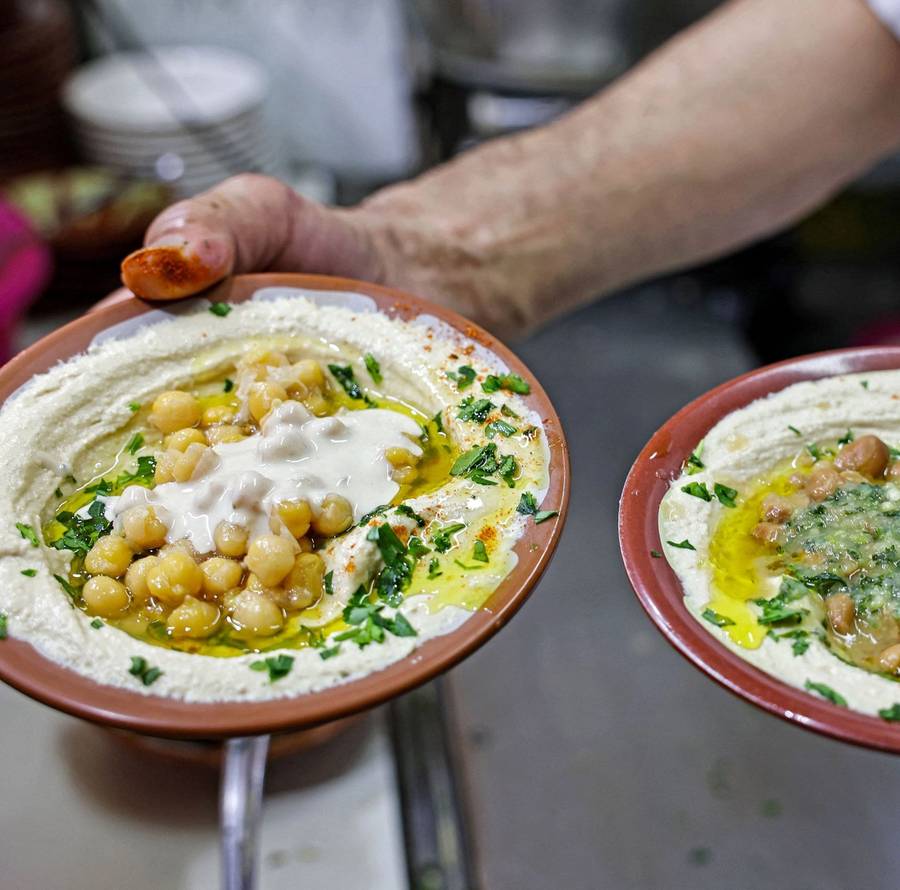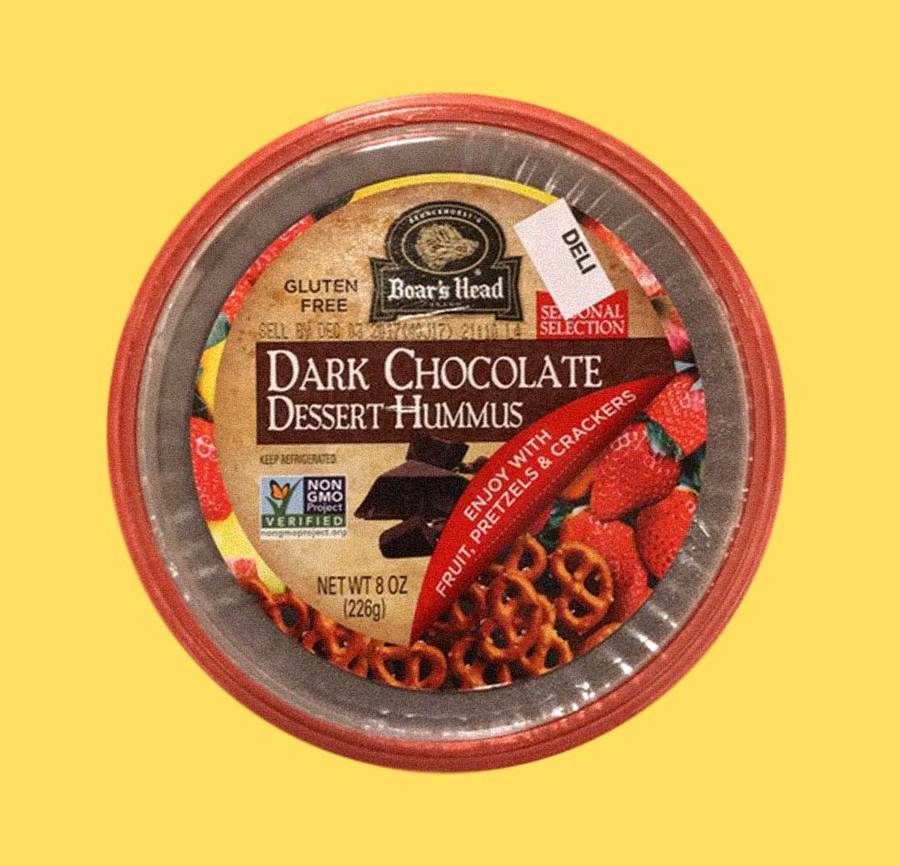Tablet Magazine
This Week’s Recipe
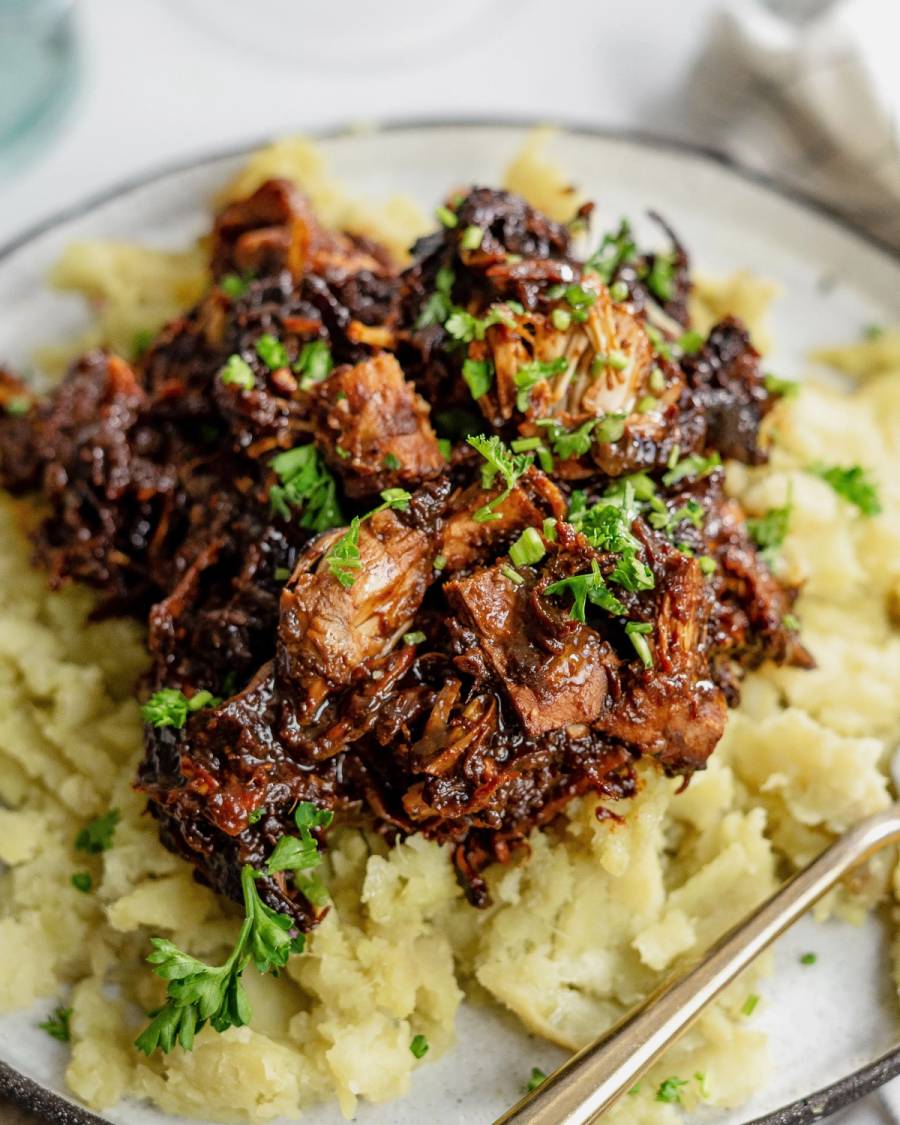

Pulled Mushroom Brisket
What to do when Passover and Shabbat coincide? This meat free Shabbat dinner idea from chef Micah Siva will help bring more plants on your plate.
Explore all our recipes here.
10 Plagues Cocktails
We are proud to present this year’s list of Passover cocktails for the Ten Plagues, created by Pam Wiznitzer.


L’chaim!
Newsletter
Feeling hungry? Sign up to get Tablet magazine’s newsletter each morning:
In The Kitchen With Joan Nathan
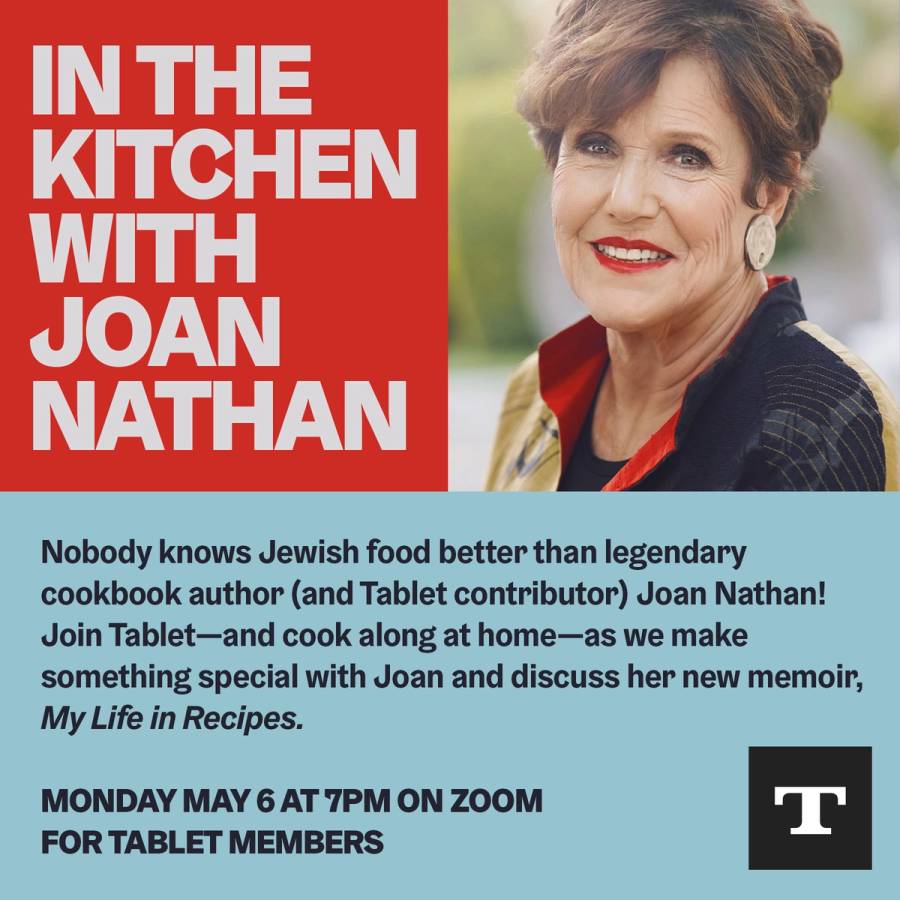

Register here.
Joan Knows Best


Everyone says their mom is the best cook, but when your mom is Joan Nathan, cooking looks a little bit different. Join Joan Nathan and her son, David Henry Gerson, for a video series covering Joan’s favorite Shabbat dinner recipes with a seasonal twist.
Joan Nathan is Tablet Magazine’s food columnist and the author of 10 cookbooks including King Solomon’s Table: a Culinary Exploration of Jewish Cooking from Around the World.
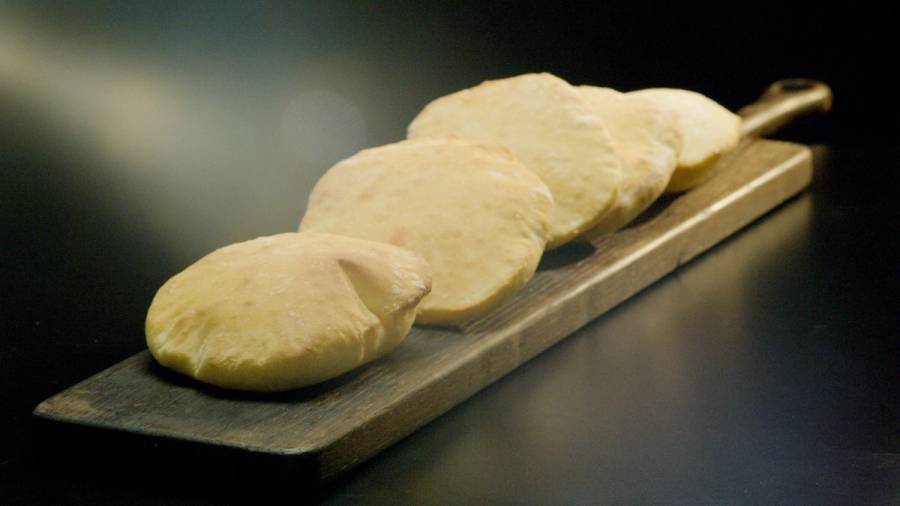

Perfect Pita
Joan Knows Best: The best way to make the ancient bread in your modern kitchen—thanks to a tip from chef Michael Solomonov
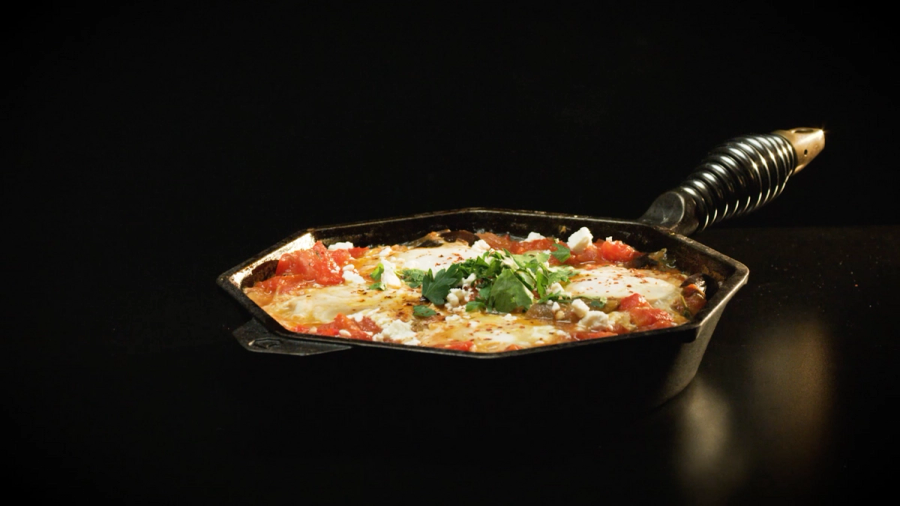

Shake Up Brunch With Shakshuka
Joan Knows Best: The best way to make this popular tomato-and-egg dish—with some help from Israeli chef Erez Komarovsky


The Pleasure of Pletzel
Joan Knows Best: The best way to make this Eastern European flatbread—with some advice from food writer and radio host Arthur Schwartz
Alon Shaya Expands to Las Vegas
With established restaurants in Louisiana and Denver, Chef Alon Shaya is now expanding to Nevada. Safta 1964 is the prequel to Chef Alon Shaya’s Michelin-recognized Safta restaurant (located in Denver). It debuts April 4 as a culinary residency at Wynn Las Vegas.
Read here for Tablet’s stories by, and about Chef Alon Shaya.


100 Foods and Beyond


Check out Tablet’s book The 100 Most Jewish Foods: A Highly Debatable List, and learn the stories behind iconic Jewish dishes. Argue with your friends about what we left out. And if you get hungry, we’ve included 60 recipes, too. And then there’s more...
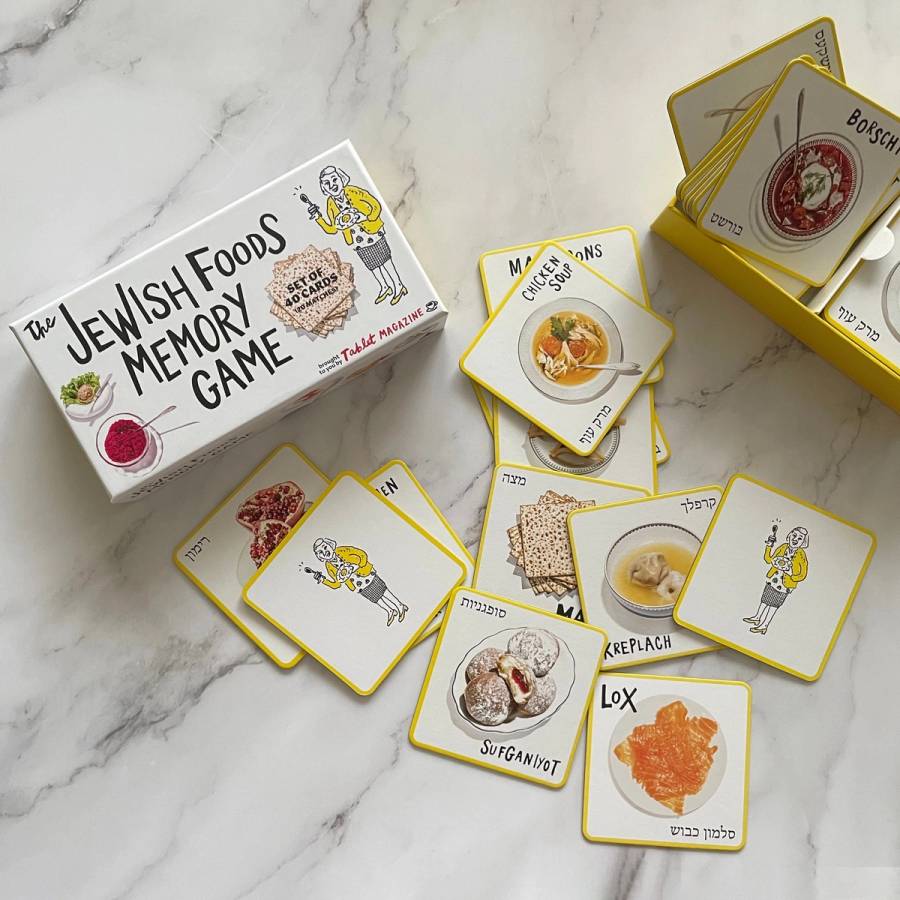

Play the Jewish Foods Memory Game with your kids. Match up doubles of chicken soup, or borscht, or kreplach, and work up their appetite in the process.
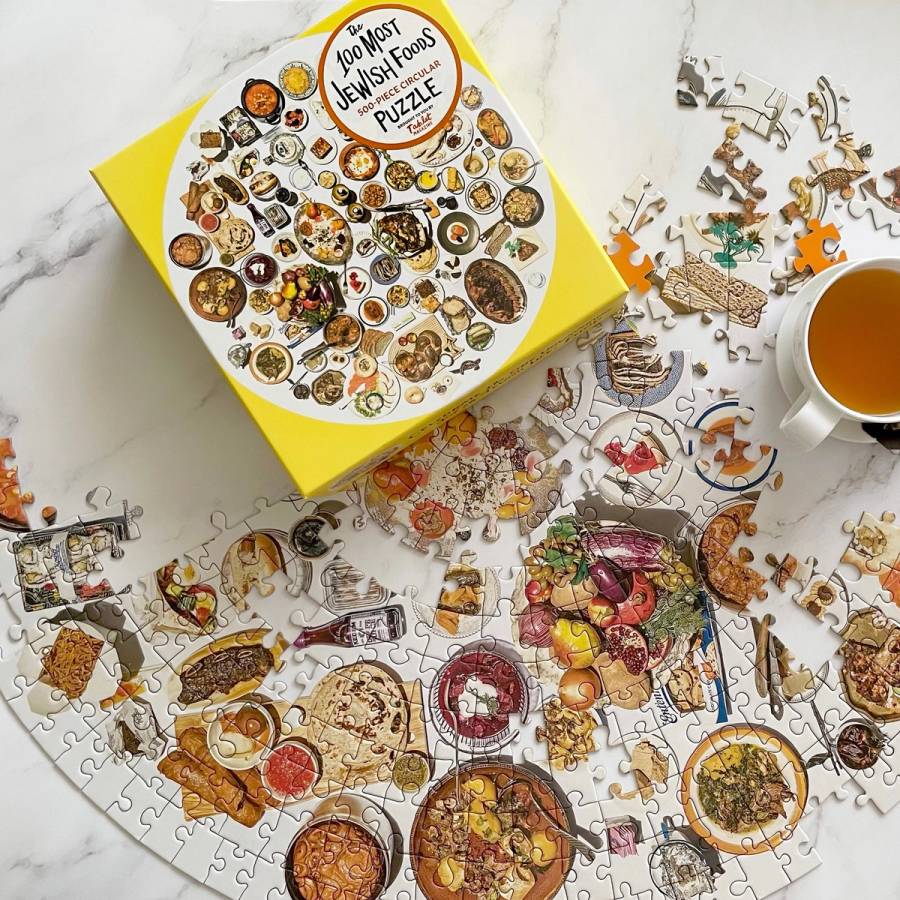

Or try the 500-piece 100 Foods circular puzzle, and set the perfect table filled with your favorite Jewish foods.
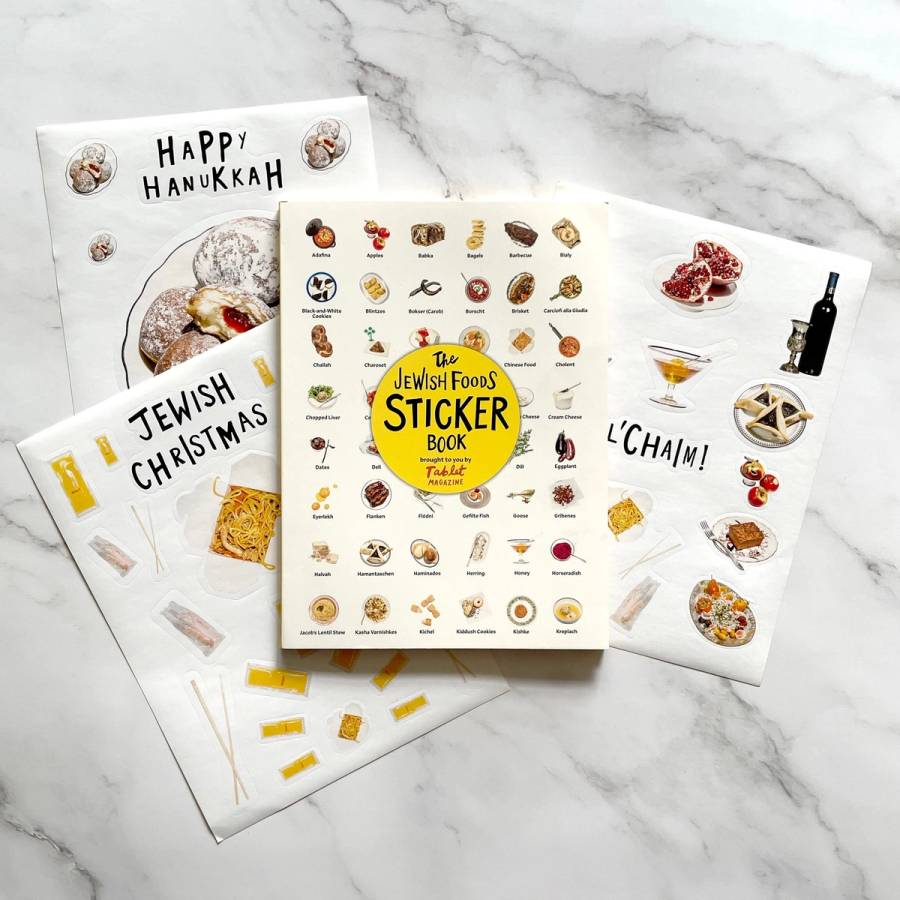

Or check out this sticker book, featuring the tastiest items from 100 Most Jewish Foods. Put your favorite stickers on your laptop, your notebook, or your refrigerator.
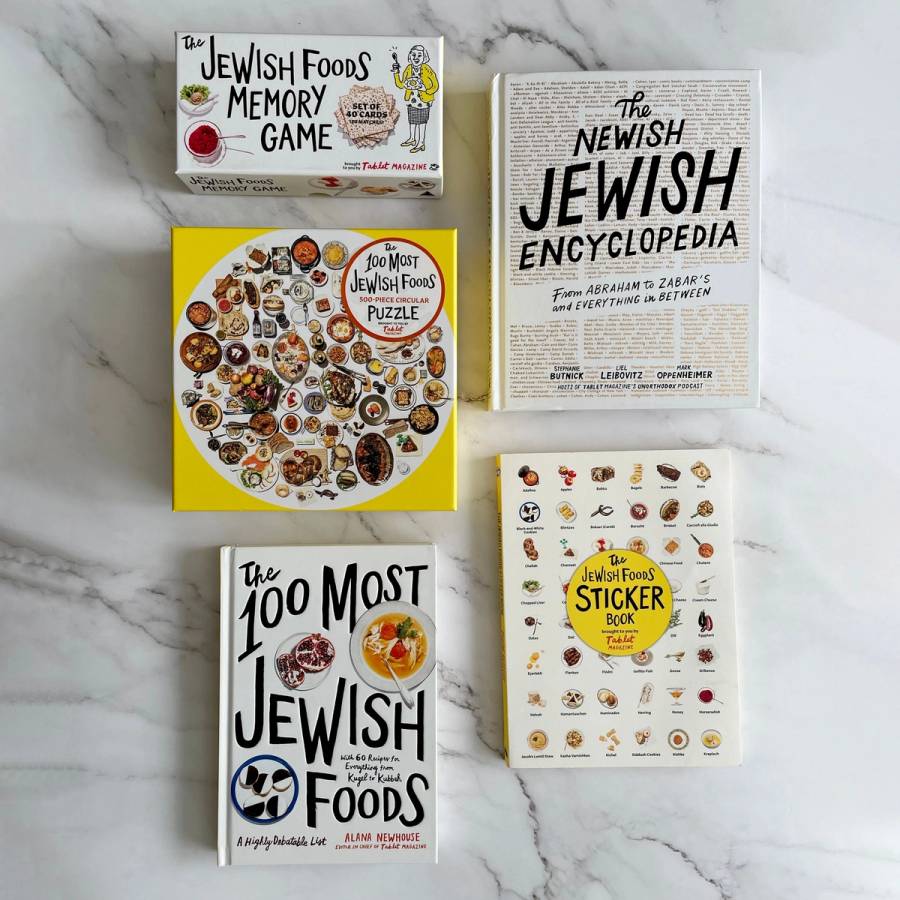

You can buy all the merchandise, plus The Newish Jewish Encyclopedia, edited by the hosts of Tablet’s Unorthodox podcast, by clicking here.
How do you hummus?
With the original recipe dating all the back to the 13th century, hummus has become quite possibly the most popular middle eastern dish of our time.
It’s been called a peacemaker, and has been the subject of lots of controversy. Whether it’s your entire meal, or a dip for your vegetables, there are so many opinions, and stories to share about our delectible dish.
The Tab
The Tab is our curated weekly digest for members that collects recent articles, recipes, an insert from The Scroll, and more. Become a member and enjoy!
